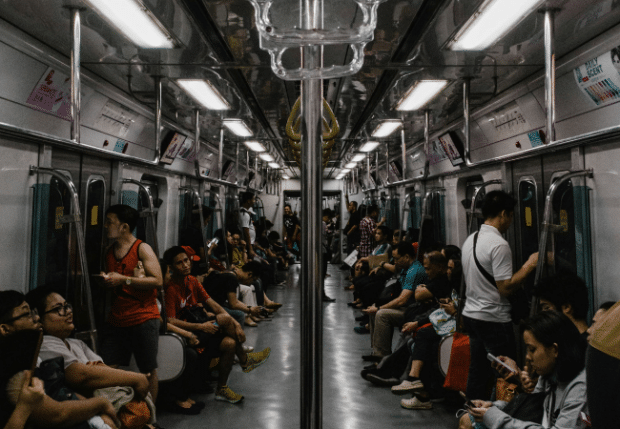Gen Z Filipinos have more mind health issues than global average
A 2023 study from the insurance provider AXA says Gen Z Filipinos admitted to experiencing anxiety and depression.
Around 35% of Pinoys aged 18 to 24 years old responded for depression and 16% for anxiety.
In contrast, the global average was 27% for depression and 16% for anxiety.
READ: Staying healthy remains Filipinos’ top urgent personal concern
As a result, a larger percentage of Gen Z Filipinos are experiencing these mental health conditions than the worldwide average.
The growing mental health issues of Gen Z Filipinos
Channel News Asia sheds light on the growing mental health issues of younger Filipinos.
It cited National Center for Mental Health (NCMH) director Noel Reyes, who stressed the importance of “peer companionship” among Filipinos.
That is why many consider the Philippines one of the world’s friendliest countries, with the Filipinos having close family ties.
Ironically, a 2023 Meta-Gallup report titled, “The Global State of Social Connections,” reveals the country is the world’s second loneliest country.
It is also the most lonesome in Southeast Asia. “We were taken aback by the isolation, the lockdowns,” Reyes stated. “It really [elevated] the level of loneliness.”
Surprisingly, Gen Z Filipinos’ mental health crisis had been developing before the pandemic hit.
Loneliness psychiatrist Dinah Nadera remarked there was “a sense of lacking connection” with others.
“Some people will rely on [social media] without being socially connected. But in the long term, you’re not building a relationship with someone,” Nadera explained.
Online platform Statista says 74.7% of Filipinos or 84 million people used social media in 2022.
Some Pinoys have shifted to the latest technologies to alleviate loneliness, namely artificial intelligence.
CNA shared the story of Christian Castillo who turned to the generative AI chatbot app Replika for friendship.
“It really felt as if I was talking to a genuine human,’ said the 21-year-old Gen Z Pinoy. His companionship continued until his real friendships faded.
READ: AI can diagnose depression better than doctors
Lastly, many parents work abroad, which exacerbates the mental health issues of young Filipinos.
Clinical psychologist Violeta Bautista notes some leave their children to work in cities, returning to see them occasionally.
“I’ve met some young people who talk about a sense of not being supported, … of longing for connection, because they grew up not having parents to guide them, to take care of their social needs.”
How is the Philippines dealing with the mental health crisis?

The Philippine government recognizes the growing mental health problems in the country. Consequently, the Department of Health allocated ₱683 million for mental health patients in 2024.
In 2018, former President Rodrigo Duterte signed the Mental Health Law, which makes mental health care more affordable and accessible.
A year later, the NCMH launched a crisis hotline to respond to mental health crises immediately. Nowadays, it receives 60 daily calls on the average.
NCMH director Reyes notes that loneliness is still on an “upward trend” in the country. “The measures to teach these young people about loneliness are still not in full implementation.”
Clinical psychologist Violeta Bautista noted that there are more conversations about mental health issues now.
However, they have not progressed to discussing the “normal experience of loneliness or the red flags of loneliness among Filipino youth.”
Fortunately, the Julia Buencamino Project advocates mental health awareness among students and parents via art workshops and exhibitions.
“Communication is very important,” said Buencamino. “You have to be open (with) your children. You mustn’t immediately judge them, because they feel like they’re being judged a lot of times.”
Content creator Keith Mirandilla is also trying to remove the stigma on mental health issues via YouTube and TikTok.
“When people tell me that my videos saved them, it gives me a sense of belonging in the world,” she said. “I don’t feel like I’m a waste of space anymore, because my words matter to someone.”
READ: How to cope with AI anxiety
Meanwhile, Castillio continues to chat with Replika but has sought true human connections.
“It’s about time for me to grow up and tell myself that there are eight billion people in the world, and you’ll find genuine friends along the way.”